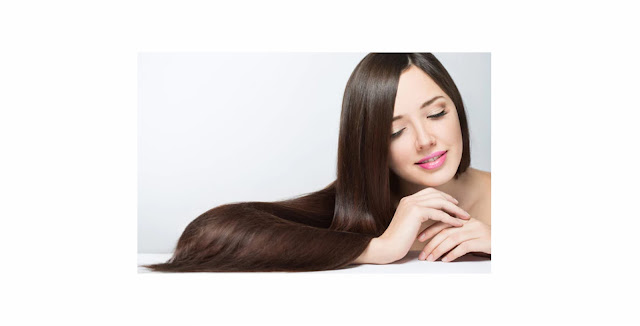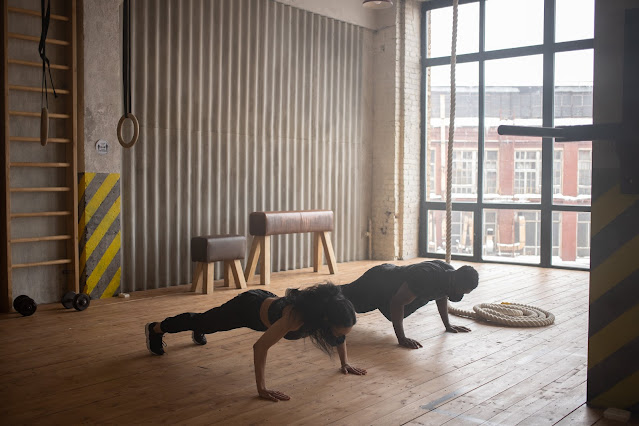Tips For Healthy Hair - Daily Health Idea
Tips For Healthy Hair
Follow these simple guidelines from a board-licensed dermatologist to maintain wholesome hair.
How/how you wash your hair and the products you operate for your hair can go a long way toward keeping easy, vibrant hair. Follow those easy pointers from a dermatologist to preserve wholesome hair.
 |
| Tips For Healthy Hair |
1. Wash oily hair more often. How often you wash your hair in an afternoon need to rely upon how lots oil your scalp produces.
- If you've got an oily scalp, you can need to clean it as a minimum as soon as a day.
- If you have chemically dealt with hair, your hair can be dry, so you may need to clean it much less regularly.
- As you age, your scalp has less oil, so that you might not need to shampoo as frequently. But if you ever be aware flakes for your hair, it may suggest you are no longer shampooing sufficient. Due to which it could result in dandruff and different scalp sicknesses.
2. Concentrate the shampoo on
the scalp. When washing your hair, focus mainly on cleaning the scalp instead
of washing the entire length of the hair. Simply washing your hair can lead to
flyaways that are dull and coarse.
3. Be sure to use conditioner after every shampoo. Use conditioner, unless you operate a "2-in-1" shampoo, which cleanses and conditions your hair. Using conditioner can extensively enhance the arrival of damaged or broken hair by using growing shine, decreasing static, improving strength, and providing a few protection from dangerous UV rays.
4. Use the conditioner on the
ends of your hair.
5. Choose a formulated shampoo
and conditioner based on your hair type.

6. Protect hair while swimming. If you go swimming, you must moist your hair first and defend your hair from the damaging consequences of chlorine with the aid of conditioning. Wear a good-becoming cap after swimming and use a specially formulated swimmer's shampoo and deep conditioner after swimming to replace lost moisture.
Conclusion:
Maintaining healthy hair involves simple yet crucial practices in hair care. These guidelines, endorsed by a board-certified dermatologist, offer valuable insights into preserving hair health. From adjusting hair washing frequency based on scalp oiliness to focusing shampoo on the scalp and using conditioner effectively, these tips address various aspects of hair care. Additionally, choosing suitable shampoo and conditioner formulations tailored to individual hair types and protecting hair during activities like swimming are emphasized for optimal hair health. By following these expert-recommended practices, individuals can enhance the vibrancy, strength, and overall health of their hair, ensuring smooth and glossy locks for a confident appearance.
FAQs:
How often should I wash my hair?
- The frequency of hair washing depends on individual factors such as scalp oiliness, hair type, and lifestyle. Those with oily scalps may need to wash their hair daily, while individuals with dry or chemically treated hair may wash less frequently. Aging may also affect scalp oil production, necessitating adjustments in washing frequency to prevent issues like dandruff.
Where should I concentrate shampoo when washing my hair?
- It's recommended to focus shampoo application on the scalp rather than the entire length of the hair. Cleaning the scalp effectively removes dirt and excess oil, promoting scalp health and preventing issues like dandruff. Directing shampoo to the scalp also prevents over-drying of the hair strands.
Is conditioner necessary after every shampoo?
- Yes, unless using a 2-in-1 shampoo, it's advisable to use conditioner after every shampoo. Conditioner helps improve hair appearance by adding shine, reducing static, enhancing strength, and providing protection from UV rays. Applying conditioner primarily to the hair ends prevents limpness while still providing nourishment.
How should I choose shampoo and conditioner for my hair type?
- Select shampoo and conditioner formulated specifically for your hair type and any treatments it undergoes. For example, use shampoo designed for colored hair if you dye your hair, or opt for a 2-in-1 shampoo if your hair is damaged or chemically treated. Regardless of price, various brands offer similar benefits tailored to different hair needs.
How can I protect my hair while swimming?
- Before swimming, wet your hair and apply conditioner to protect it from the harmful effects of chlorine. Wearing a well-fitting swim cap can further shield your hair. After swimming, use a swimmer's shampoo and deep conditioner to replenish lost moisture and counteract chlorine damage.








Post a Comment